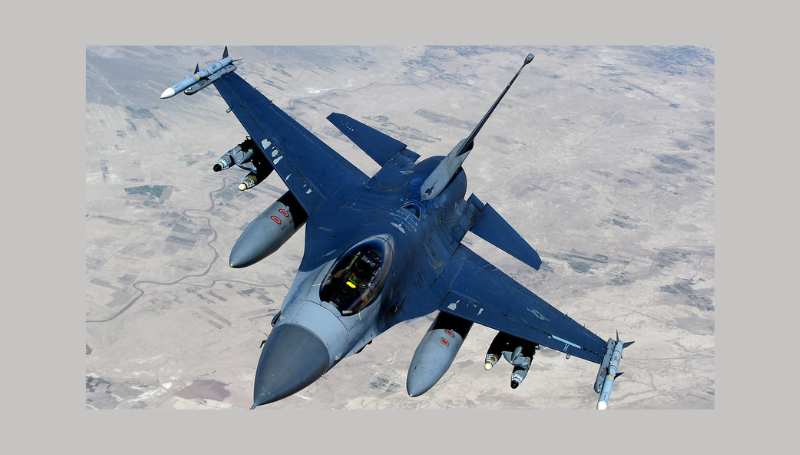Editorial
Jerusalem Post, Apr. 16, 2024
“While retaliation is costly, the cost of inaction is higher.”
In the volatile tapestry of Middle Eastern politics, the dawn of April 14, 2024, marked yet another escalation in regional tensions. Hundreds of Iranian drones, cruise, and ballistic missiles targeted Israel, punctuating a period of rising hostilities. However, the resilience of Israel’s air defense and its strategic alliances in the region not only thwarted this assault but also signaled the durability of the Israel-Sunni regional alliance, as written on Sunday by our Senior Diplomatic Correspondent, Herb Keinon.
The attack underlines a critical reality: the alliance between Israel and several Sunni Arab nations—forged not out of affinity but as a bulwark against Tehran’s aggressive postures—remains intact. Countries like the United Arab Emirates, Bahrain, Jordan, Egypt, Morocco, and, unofficially, Saudi Arabia view the threat from Iran as overshadowing other regional disagreements. This shared perspective on security issues, particularly Iran’s nuclear ambitions and regional hegemony, underscores the necessity of a unified stance against common threats.
The recent aerial aggression by Iran serves as a stark reminder of what is at stake. Iran’s actions were not just an attempt to destabilize Israel but was also aimed at fracturing the burgeoning alliances Israel has cultivated with Sunni Arab states. This strategy reflects Tehran’s desire to isolate Israel while diverting global attention from its own military capabilities and nuclear aspirations.
… [To read the full article, click here]


